

2019-09-09 20:38:00 Mon ET
federal reserve monetary policy treasury dollar employment inflation interest rate exchange rate macrofinance recession systemic risk economic growth central bank fomc greenback forward guidance euro capital global financial cycle credit cycle yield curve
Harvard macrofinance professor Robert Barro sees no good reasons for the recent sudden reversal of U.S. monetary policy normalization. As Federal Reserve Chair Jerome Powell yields to the persistent demands of a vocal president, the FOMC approves an interim interest rate cut by quarter point to 2%-2.25%. This rate cut represents a clear departure from the current business cycle of interest rate hikes in recent years. Barro advocates the Taylor monetary policy rule that the nominal interest rate should rise in response to higher inflation and economic output both relative to their targets. In accordance with the key Taylor monetary policy rule, the nominal interest rate normally tends toward a gradual long-term equilibrium path.
In this light, Barro regards the recent interest rate reduction as a special deviation from the prior path of U.S. monetary policy normalization. Federal Reserve Chair Jerome Powell seems to justify the recent interest rate cut in terms of the fact that U.S. inflation remains low and tame as the economy operates near full employment despite continual trade escalation between the U.S. and China. Barro indicates the clear and present danger that the recent rate reduction represents a dovish Powell response to many stock market analysts and the Trump administration.
If any of our AYA Analytica financial health memos (FHM), blog posts, ebooks, newsletters, and notifications etc, or any other form of online content curation, involves potential copyright concerns, please feel free to contact us at service@ayafintech.network so that we can remove relevant content in response to any such request within a reasonable time frame.
2018-07-17 08:35:00 Tuesday ET
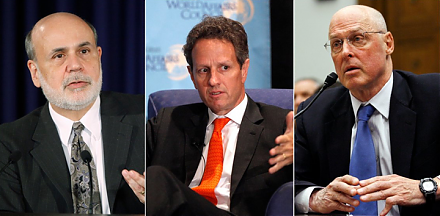
Henry Paulson and Timothy Geithner (former Treasury heads) and Ben Bernanke (former Fed chairman) warn that people seem to have forgotten the lessons of the
2018-02-27 09:35:00 Tuesday ET
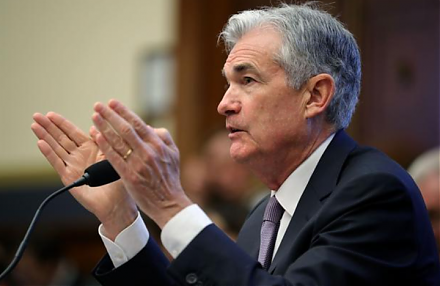
Fed's new chairman Jerome Powell testifies before Congress for the first time. He vows to prevent price instability for U.S. consumers, firms, and finan
2019-01-08 17:46:00 Tuesday ET
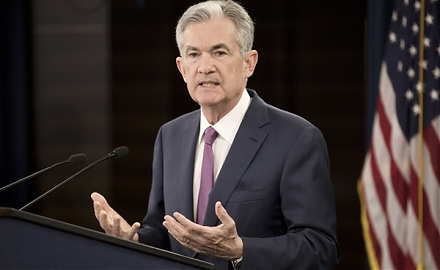
President Trump forces the Federal Reserve to normalize the current interest rate hike to signal its own monetary policy independence from the White House.
2023-11-07 11:31:00 Tuesday ET
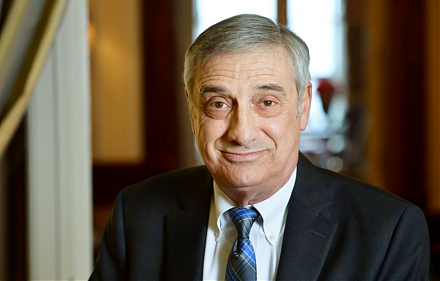
Joel Mokyr suggests that economic growth arises from a change in cultural beliefs toward technological progress. Joel Mokyr (2018) A culture
2019-04-27 16:41:00 Saturday ET

Tony Robbins suggests that one has to be able to make money during sleep hours in order to reach financial freedom. Most of our jobs and life experiences tr
2018-05-03 07:34:00 Thursday ET
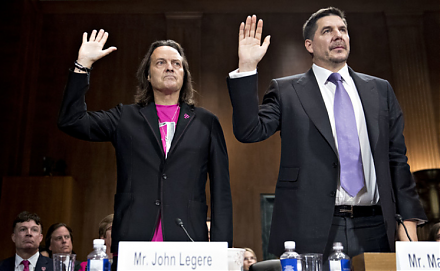
Sprint and T-Mobile propose a major merger in order to better compete with AT&T and Verizon. This mega merger is worth $26.5 billion and involves an all